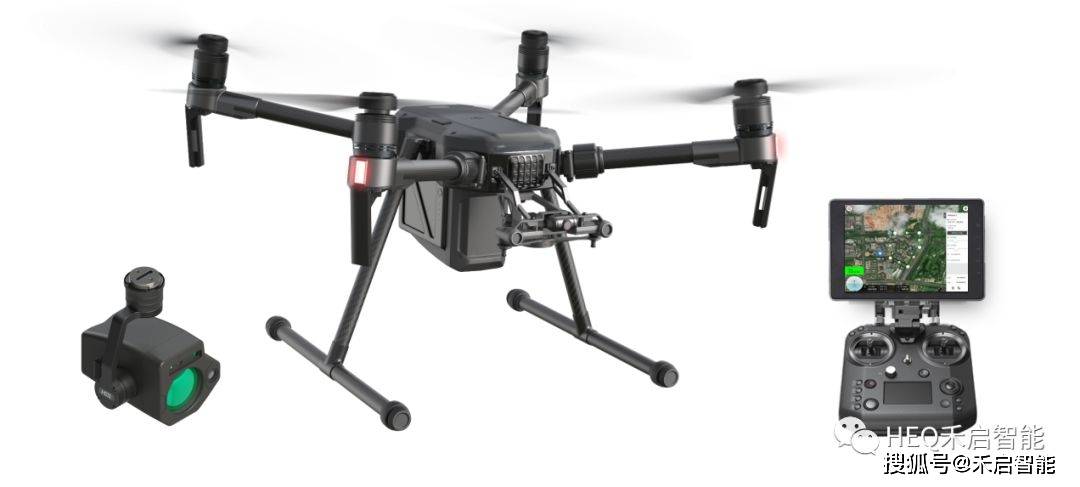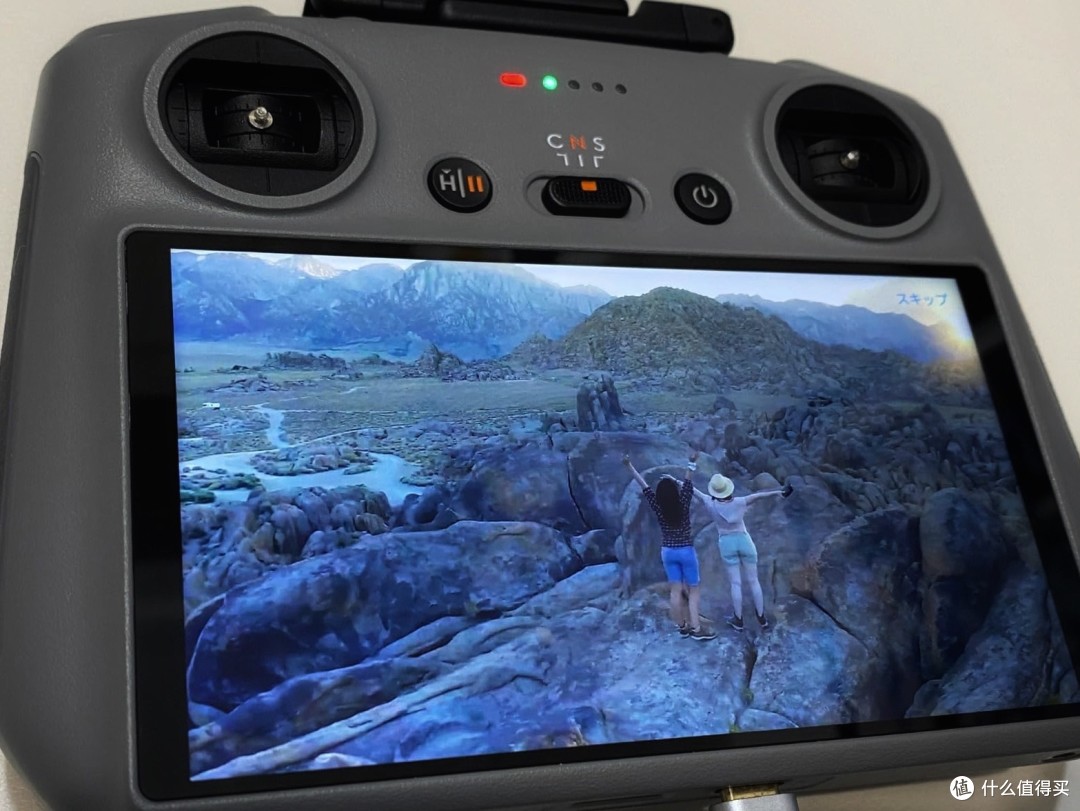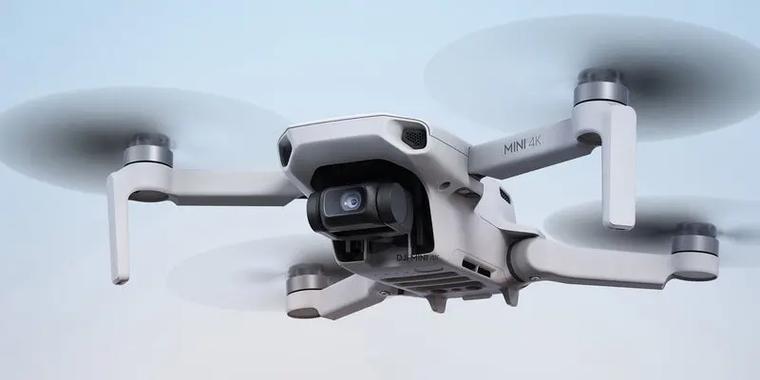In recent years, the growth in drone services has been nothing short of remarkable. This burgeoning sector provides an array of opportunities for businesses across various industries. At its core, drone technology is no longer limited to recreational use; it’s a significant asset in commercial operations, helping companies to achieve tasks more efficiently and effectively.
has been nothing short of remarkable. This burgeoning sector provides an array of opportunities for businesses across various industries. At its core, drone technology is no longer limited to recreational use; it’s a significant asset in commercial operations, helping companies to achieve tasks more efficiently and effectively.
Agricultural Applications

Drones have transformed agricultural practices by enabling precision farming. By utilizing drones, farmers can monitor crops, assess soil health, and even apply pesticides with greater accuracy and reduced environmental impact. The drone technology not only boosts yield but also minimizes waste through precise application of resources.
Construction and Infrastructure Surveys
Drone services are revolutionizing the construction industry. They offer a cost-effective method for conducting site surveys, mapping land, and inspecting infrastructure such as bridges and roads. Drones can swiftly cover vast areas, providing detailed and precise data that aids in enhancing safety and streamlining project timelines.
Media and Entertainment
The media industry benefits greatly from drone technology, offering unique perspectives and dynamic content that was once impossible or costly to achieve. Aerial photography and videography have become staples in creating visually stunning presentations, providing viewers with unparalleled perspectives that ground-based cameras simply cannot offer.
With the right team and equipment, drone services can also be used to live stream events, offering a real-time, bird’s-eye view experience that brings audiences closer to the action.
Emergency Response and Disaster Management
In times of crisis, drone services are proving indispensable. They provide critical support in search and rescue operations, delivering essential supplies to hard-to-reach areas, and assessing damage post-disaster. The ability to quickly gather and relay information makes drones invaluable in improving response times and formulating effective strategies.
Real Estate
In the real estate market, drone services offer a significant competitive edge. Using aerial imagery, real estate agents can showcase properties in an engaging manner, highlighting features from a perspective that captivates potential buyers. Drones allow detailed fly-throughs and spectacular panoramic views, providing a comprehensive viewing experience.
Moreover, drone-based thermal imaging can be used for building inspections to identify energy inefficiencies, reduce costs, and emphasize sustainability in property management.
Security and Surveillance
Drones are increasingly employed for security purposes, providing efficient surveillance over large areas. Equipped with advanced cameras and sensors, they offer real-time monitoring that enhances security measures for both public and private sectors, from monitoring events to securing high-risk zones.
Challenges and Future Prospects
Despite the vast potential, the drone service industry faces challenges such as regulatory hurdles, privacy concerns, and airspace management. However, with continuous advancements in technology and regulatory frameworks catching up, the future of drone services for businesses remains bright and promising.
The next frontier for drone services includes integration with AI and machine learning, enabling smarter and more autonomous operations. As technology advances, we can expect drones to perform even more complex tasks, further embedding themselves as indispensable tools in various sectors.
FAQs on Drone Services
What are the main benefits of using drones in agriculture?
Drones enable precision agriculture, offering detailed insights into crop health and soil conditions. This technology helps farmers optimize resource use, increase yields, and reduce environmental impact by allowing targeted interventions.
How can drone services improve safety in construction?
Drones enhance construction safety through efficient and thorough site surveys. They offer real-time data without putting workers in potentially hazardous situations, thus minimizing risk and improving project efficiency.

What future advancements can we expect in drone technology?
Future advancements will likely focus on AI integration and increased autonomy, allowing drones to perform more complex operations with minimal human intervention. This progression will open new horizons in efficiency, versatility, and scope of drone applications.
